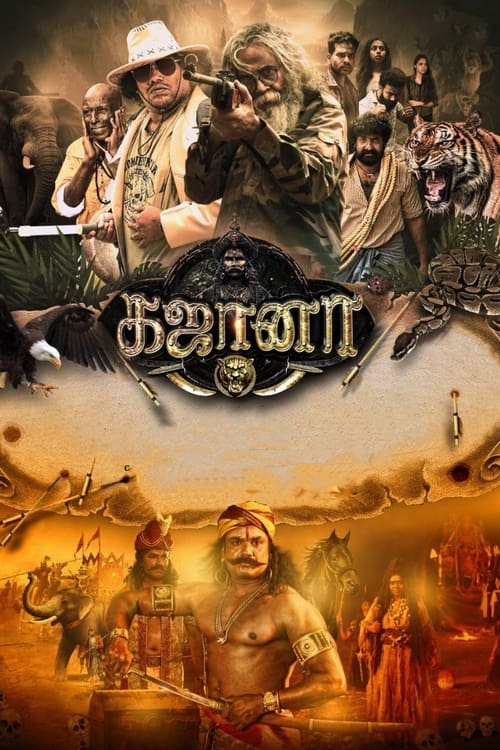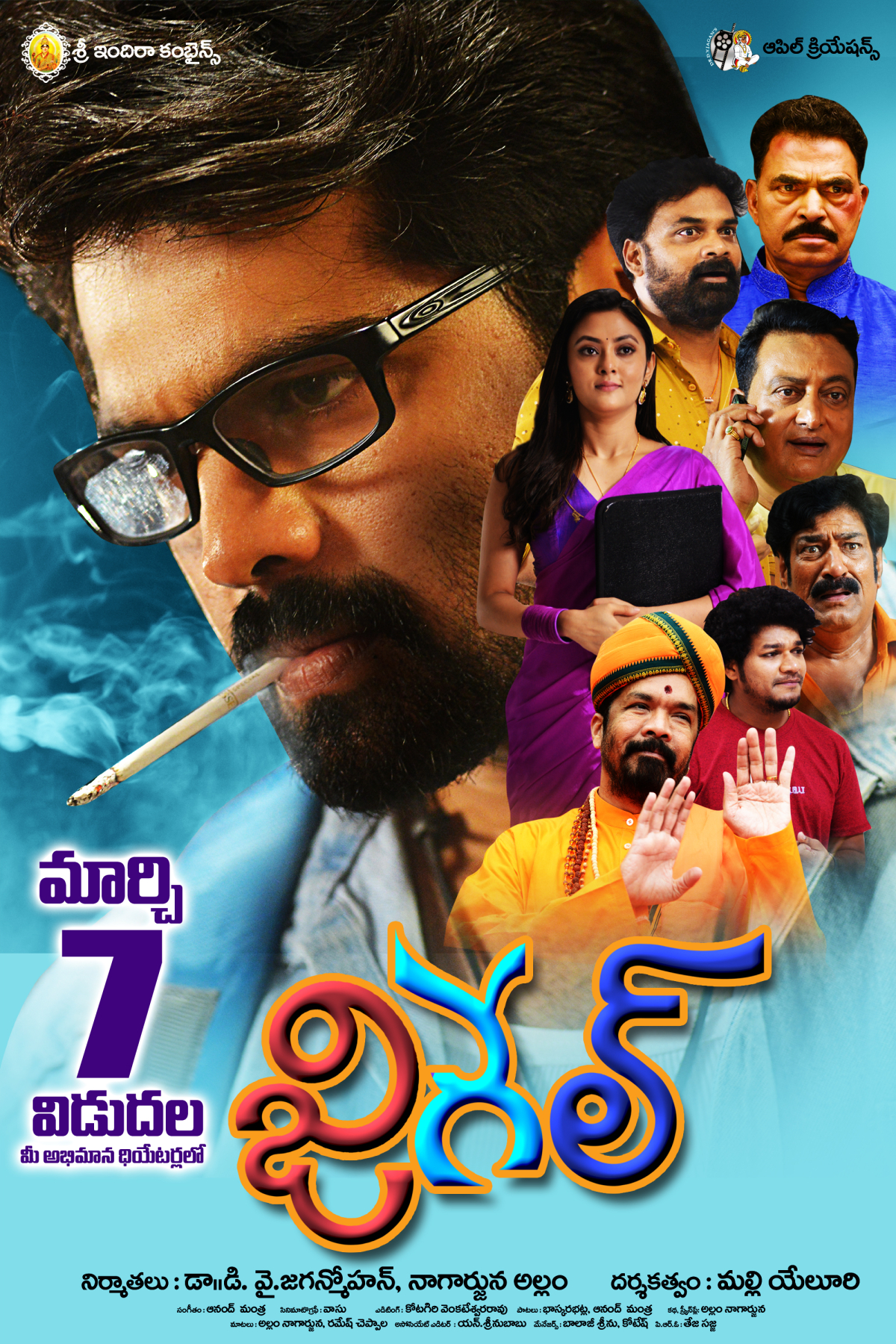|
|
Latest Articles
|

Torrent Description

Category: Adults, Classic, History, Political Language: EnglishKeywords: 1970s Russia Sociology Suppression Totalitarianism Written by Fyodor Dostoyevsky Read by Constantine Gregory Format: MP3 Bitrate: 64 Kbps Unabridged Length: 27 hrs and 27 mins Release date: 11-17-17 Publisher: Naxos AudioBooks Constance Garnett - translator Demons (1872) aka The Possessed, Devils The story of Demons (sometimes also titled The Possessed or The Devils) is based largely on the murder of Ivan Ivanov by “People’s Vengeance” members in 1869. It was influenced by the Book of Revelation. The secondary characters, Pyotr and Stepan Verkhovensky, are based on Sergei Nechayev and Timofey Granovsky respectively. The novel takes place in a provincial Russian setting, primarily on the estates of Stepan Verkhovensky and Varvara Stavrogina. Stepan’s son Pyotr is an aspiring revolutionary conspirator who attempts to organise revolutionaries in the area. He considers Varvara’s son Nikolai central to his plot, because he thinks that Nikolai lacks sympathy for mankind. Pyotr gathers conspirators such as the philosophising Shigalyov, the suicidal Kirillov and the former military man Virginsky. He schemes to consolidate their loyalty to him and each other by murdering Ivan Shatov, a fellow conspirator. Pyotr plans to have Kirillov, who is committed to killing himself, take credit for the murder in his suicide note. Kirillov complies and Pyotr murders Shatov, but his scheme goes awry. Pyotr escapes, but the remainder of his aspiring revolutionary crew is arrested. In the denouement, Nikolai kills himself, tortured by his own misdeeds. I answered a request and ended in a quandry. I previously uploaded The Devils. How to explain three names for the same book? I took excerpts from a newspaper review. The Los Angeles Times Oct 16, 1994… No, a new Dostoevsky novel has not been discovered. “Demons,” first published in 1871-72, and Dostoevsky’s last major novel before “The Brothers Karamazov,” is the work we have commonly known in English as “The Possessed.” Such is the title Constance Garnett gave to her translation of the novel…. A more recent translator, Andrew MacAndrew, has kept it; two others, David Magarshack and Michael Katz, have–independently–called the work “The Devils.” All four versions are currently in print. The title is a case in point. The Russian word means evil spirits, not the people possessed by them. Had Dostoevsky wanted to name this work “The Possessed,” he could easily have done so, Russian having an exact equivalent. There is also a perfectly good Russian word for devils, and it is not the word Dostoevsky chose to use. “Demons” is the Dostoevsky novel for our age; in fact, it is a key novel as such for an age that has come to recognize the evils of ideology–any ideology. At the time it appeared in Russia, it could be read as the other sort of “key novel,” a roman a clef , based as it was on the ideologically rationalized murder of a party member who had strayed from the fold. Millions and millions of ideologically rationalized murders later, it is infinitely more timely. Dostoevsky could not be published at all in the Soviet Union during the Stalinist years, and even in the relatively liberal post-Stalinist period this novel remained taboo and thus virtually unavailable in popular editions. Now that Russia has renounced its ideology it is being read with a vengeance: “Demons” tells Russia’s story in microcosm… When translating Dostoevsky, Garnett was under some pressure from her editor “to tone down such passages as might be thought offensive,” but she was also temperamentally inclined to do so. Of the more recent translators, MacAndrew tends to tone down Dostoevsky’s language even more than Garnett, thereby making him “an easier read.” The path they have chosen is to retranslate the entire Dostoevsky corpus in an internally consistent manner (so far they have completed “The Brothers Karamazov,” “Crime and Punishment,” and “Notes from Underground” to great critical acclaim) and in the face of the commonplace that a translation should sound “smooth” and “natural.” My feeling is that the reason they have succeeded so well in bringing Dostoevsky into English is not that they have made him sound bumpy or unnatural but that they have managed to capture and differentiate the characters’ many voices. All Dostoevsky’s works are notably weighted toward dialogue. In “Demons” even the narrator participates actively as a character, conversing with us rather than telling us what to think …. Garnett acknowledged feeling less at home with dialogue than description; Pevear and Volokhonsky come into their own when faced with Dostoevsky’s wonderfully quirky, yet in the end functionally more than justified use of varied speech patterns. …. This was not my rip. It is rather strange looking , the original uploader had it in mp4 (video) format! I’ve left it in tracks and included the NAXOS pdf. Length: 27 hrs and 27 mins Release date: 11-17-17 Publisher: Naxos AudioBooks Constance Garnett - translator Demons (1872) aka The Possessed, Devils The story of Demons (sometimes also titled The Possessed or The Devils) is based largely on the murder of Ivan Ivanov by “People’s Vengeance” members in 1869. It was influenced by the Book of Revelation. The secondary characters, Pyotr and Stepan Verkhovensky, are based on Sergei Nechayev and Timofey Granovsky respectively. The novel takes place in a provincial Russian setting, primarily on the estates of Stepan Verkhovensky and Varvara Stavrogina. Stepan’s son Pyotr is an aspiring revolutionary conspirator who attempts to organise revolutionaries in the area. He considers Varvara’s son Nikolai central to his plot, because he thinks that Nikolai lacks sympathy for mankind. Pyotr gathers conspirators such as the philosophising Shigalyov, the suicidal Kirillov and the former military man Virginsky. He schemes to consolidate their loyalty to him and each other by murdering Ivan Shatov, a fellow conspirator. Pyotr plans to have Kirillov, who is committed to killing himself, take credit for the murder in his suicide note. Kirillov complies and Pyotr murders Shatov, but his scheme goes awry. Pyotr escapes, but the remainder of his aspiring revolutionary crew is arrested. In the denouement, Nikolai kills himself, tortured by his own misdeeds. I answered a request and ended in a quandry. I previously uploaded The Devils. How to explain three names for the same book? I took excerpts from a newspaper review. The Los Angeles Times Oct 16, 1994… No, a new Dostoevsky novel has not been discovered. “Demons,” first published in 1871-72, and Dostoevsky’s last major novel before “The Brothers Karamazov,” is the work we have commonly known in English as “The Possessed.” Such is the title Constance Garnett gave to her translation of the novel…. A more recent translator, Andrew MacAndrew, has kept it; two others, David Magarshack and Michael Katz, have–independently–called the work “The Devils.” All four versions are currently in print. The title is a case in point. The Russian word means evil spirits, not the people possessed by them. Had Dostoevsky wanted to name this work “The Possessed,” he could easily have done so, Russian having an exact equivalent. There is also a perfectly good Russian word for devils, and it is not the word Dostoevsky chose to use. “Demons” is the Dostoevsky novel for our age; in fact, it is a key novel as such for an age that has come to recognize the evils of ideology–any ideology. At the time it appeared in Russia, it could be read as the other sort of “key novel,” a roman a clef , based as it was on the ideologically rationalized murder of a party member who had strayed from the fold. Millions and millions of ideologically rationalized murders later, it is infinitely more timely. Dostoevsky could not be published at all in the Soviet Union during the Stalinist years, and even in the relatively liberal post-Stalinist period this novel remained taboo and thus virtually unavailable in popular editions. Now that Russia has renounced its ideology it is being read with a vengeance: “Demons” tells Russia’s story in microcosm… When translating Dostoevsky, Garnett was under some pressure from her editor “to tone down such passages as might be thought offensive,” but she was also temperamentally inclined to do so. Of the more recent translators, MacAndrew tends to tone down Dostoevsky’s language even more than Garnett, thereby making him “an easier read.” The path they have chosen is to retranslate the entire Dostoevsky corpus in an internally consistent manner (so far they have completed “The Brothers Karamazov,” “Crime and Punishment,” and “Notes from Underground” to great critical acclaim) and in the face of the commonplace that a translation should sound “smooth” and “natural.” My feeling is that the reason they have succeeded so well in bringing Dostoevsky into English is not that they have made him sound bumpy or unnatural but that they have managed to capture and differentiate the characters’ many voices. All Dostoevsky’s works are notably weighted toward dialogue. In “Demons” even the narrator participates actively as a character, conversing with us rather than telling us what to think …. Garnett acknowledged feeling less at home with dialogue than description; Pevear and Volokhonsky come into their own when faced with Dostoevsky’s wonderfully quirky, yet in the end functionally more than justified use of varied speech patterns. …. This was not my rip. It is rather strange looking , the original uploader had it in mp4 (video) format! I’ve left it in tracks and included the NAXOS pdf. 
Related Torrents
|
|||||||||||||||||||||||||||||||||||||||||||||||||||||||||||||||||||||||||
Home - Browse Torrents
ExtraTorrent.st is in compliance with copyrights
2025 ExtraTorrent.st


















